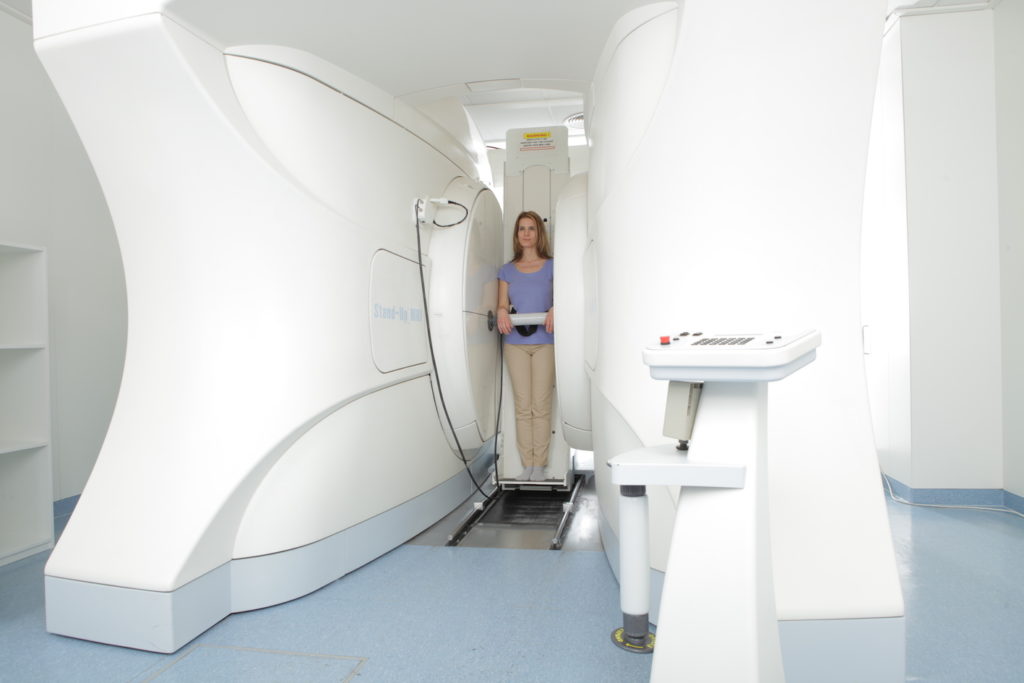
Dyslexia is a word many of us have heard, but few truly understand it. Recently, new research has brought to light the pressing need for a fresh definition of this learning disorder to support better those who struggle with it.
The Problem with Current Definitions#
Over the years, dyslexia has been defined in various ways. This inconsistency has led to a “postcode lottery” for children who may have dyslexia or those diagnosed but unable to access the support they need. The lack of a clear, universal definition means that the help available can vary dramatically depending on where you live.
The Call for Change
According to new research, the first step to resolving this issue is to redefine dyslexia and adopt this new definition across the UK. Conducted by the University of Birmingham, along with the SpLD Assessment Standards Committee (SASC), Kings College London, and the University of Oxford, this research was published in the Journal of Child Psychology and Psychiatry on February 25th.
What Experts are Saying
Julia Carroll, a Professor of Psychology in Education at the University of Birmingham who led the study, explains, “There has not been a new attempt to define dyslexia since the Rose Review in 2009. The review significantly influenced practice but has faced criticism over the last 15 years and has not been universally accepted. We need a universal definition for dyslexia to improve support for children experiencing its challenges.”
A Collaborative Effort
To create this new definition, the researchers brought together 58 international experts, including academics, specialist teachers, educational psychologists, and individuals with dyslexia. They voted on key statements about dyslexia, covering six essential areas: definition, intellectual abilities, aetiology (causes), co-occurrence with other disorders, its impact over a lifespan, and common misconceptions.
Out of 42 statements, a consensus of over 80% was achieved, leading to the creation of the new definition of dyslexia:
- Processing Difficulties: Dyslexia affects the acquisition of reading and spelling.
- Literacy Weakness: Literacy attainment is weak relative to age, teaching, and other attainments.
- Reading Fluency: Difficulties in reading fluency and spelling are key markers across languages and age groups.
- Continuum of Severity: Dyslexia exists on a continuum and varies in severity.
- Influences: Dyslexia’s nature and development are influenced by genetic and environmental factors.
- Impact on Other Skills: It can affect mathematics, reading comprehension, or learning another language.
- Cognitive Impairments: The most common impairment is in phonological processing.
- Additional Factors: Working memory, processing speed, and orthographic skills also contribute.
- Co-occurrence with Other Disorders: Dyslexia often co-occurs with other developmental difficulties like ADHD and dyscalculia.
Improving Dyslexia Assessments
In a second study, published in the Dyslexia Journal, the researchers proposed a four-step process for assessing dyslexia:
- Rule Out Other Factors: Consider and respond to other possible causes for reading, spelling, or writing difficulties.
- Early Intervention: Gather further information and provide additional support quickly.
- Evaluate Response: Observe, record, and evaluate the response to interventions.
- Comprehensive Assessment: If interventions stall or fail, refer for a thorough assessment by a trained specialist.
The Road Ahead
Professor Carroll concludes, “Dyslexia is a complex learning disorder that can look different from person to person. It can impact education and working life if not identified and addressed properly. By not having a universal process to identify and support people with dyslexia, we are letting down so many of our children and young people. Updating and standardizing the definition and assessment for dyslexia should be a priority if the government is serious about improving SEND provision in schools.”
The call for a new definition of dyslexia is not just about words on paper; it’s about ensuring every child gets the support they need to thrive.



